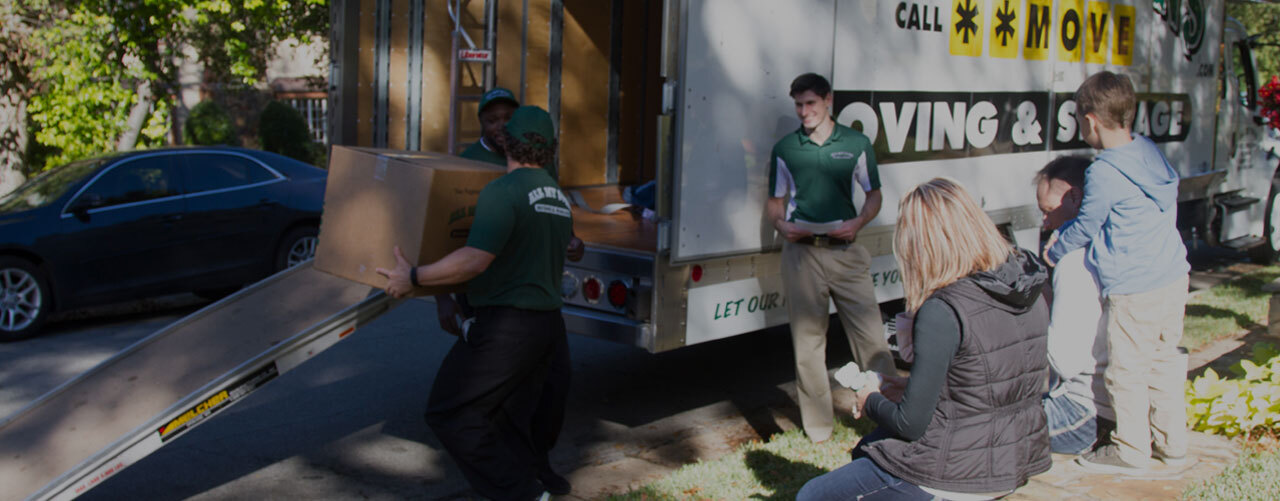Avoid Electrical Hazards in Your Home
Some of the potential dangers in your home are out of sight to the plain eye. The electrical wiring behind your home can be an accident waiting to happen—in fact, electrical fires are the cause of almost 500 deaths per year in the US. The Kansas City local movers want to make sure you protect yourself and your family by ensuring your electrical work is in top shape. Whether your home is old, new, under remodel, you can benefit from the information we are going to share about electrical work.
Whether you realize it or not, many remodeling projects affect the electrical work. Tearing down walls, adding light fixtures, replacing wiring—these are all areas that have the potential for disaster. Before you begin a project, you should obtain the appropriate paperwork and have your home and potential work inspected for local code requirements. Make sure electrical work is inspected and performed by a qualified electrician—do not risk the job on your own.
Lighting:
Adding and changing lighting required electrical work. There are a few things to consider that your electrician will likely ask you, so these are things to think about:
Do you want ceiling fixtures, wall-mounted fixtures (think sconces), or recessed lighting? These all need interior wiring. Lamps will need outlets, which are also wired internally.
Would you rather have dimmer switches or do you want several switches on one electrical panel?
Electronics:
While you probably assume electronics are simply plug in and use, you don't want to overload outlets with too much in one room or spot. Make sure the outlets have the appropriate electric service and surge protectors are used where necessary. Some electronics to think about and where you intend to put them: computers (and additional hardware), televisions, DVD/Blu-ray players, game consoles, power tools.
Appliances:
If you want to alter anything in the bathroom or other areas of the home, electrical work is likely required. Adding ventilation is a perfect example of this. Other large appliances that use more energy include refrigerators, washer/dryer units, exercise equipment (treadmills), and the HVAC.
While at your home, the electrician should also check out your fuse box or circuit breaker circuits. Make sure fuses are appropriately labeled. Have a breaker that is constantly tripping? It's likely overloaded, which can be a danger to you. Again, an electrician can help you with this.
Also, have them check for Arc Fault Circuit Interrupters, which are crucial elements in preventing electrical fires. Arc Faults can cause wiring temperatures of 10,000 degrees Fahrenheit, and the circuit interrupters prevent electrical fires by shutting the circuit down before it becomes a fire hazard.
Remember, the first step is an inspection by a licensed electrician. Schedule one today and make sure your home's interior wiring is safe and current.

